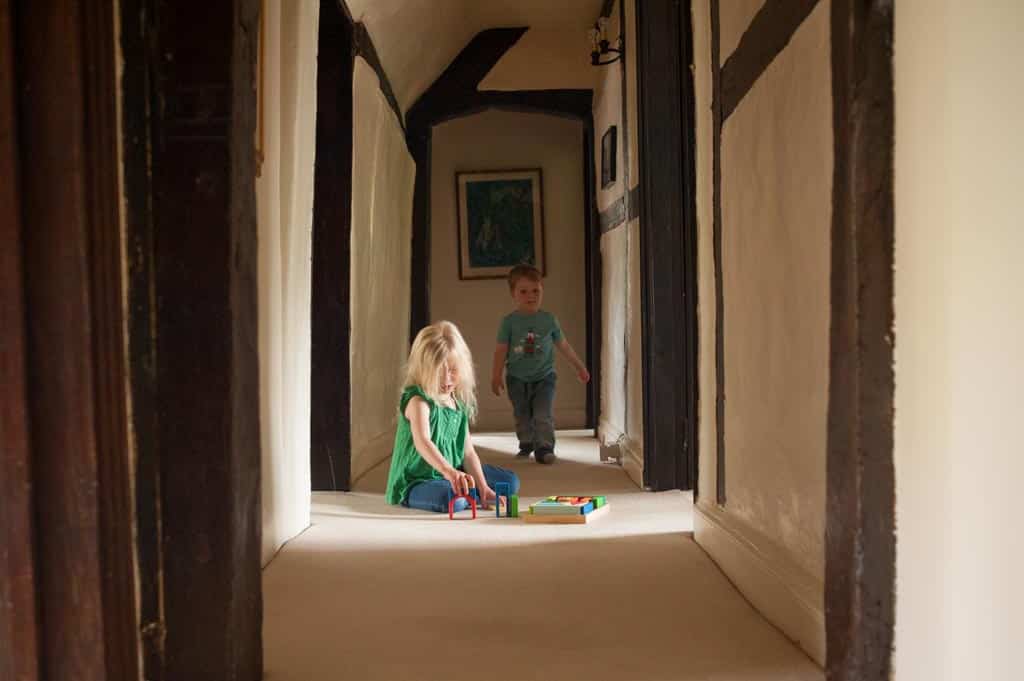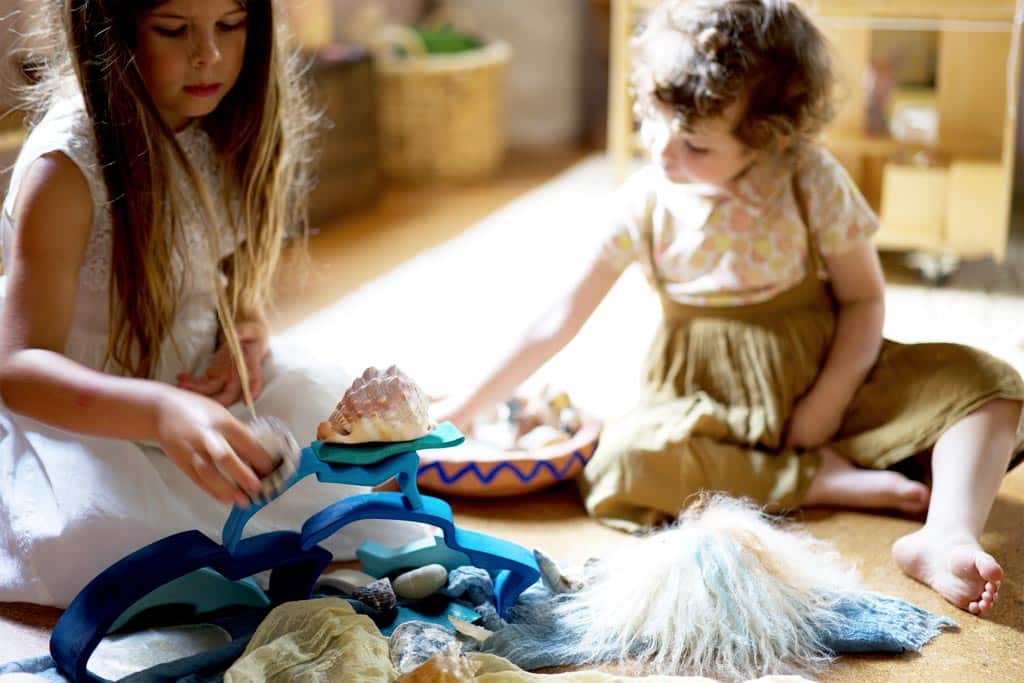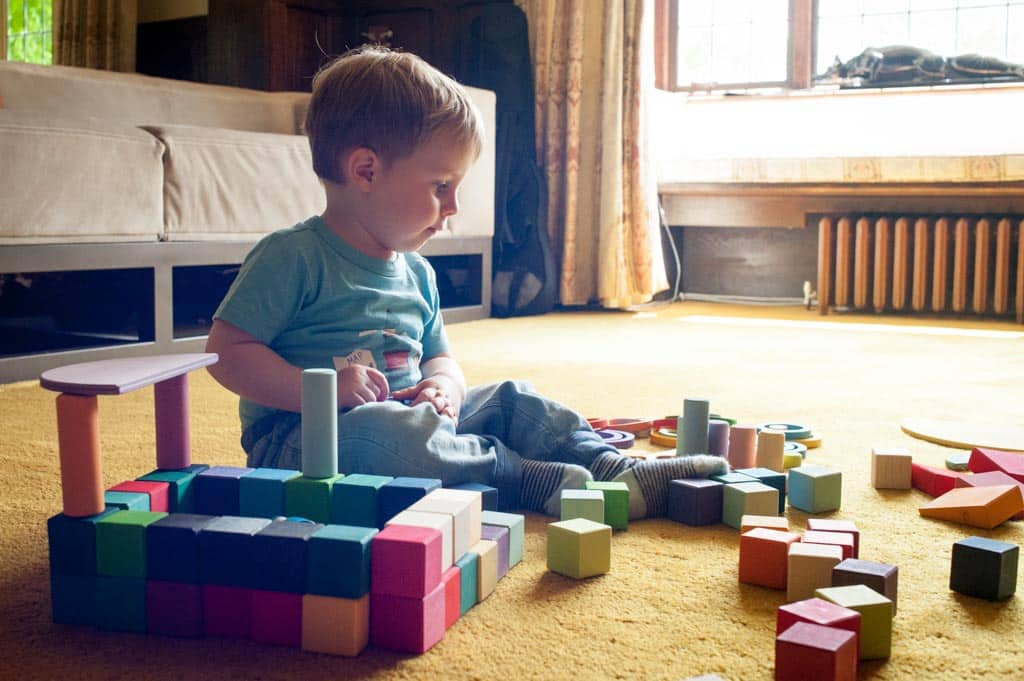Onlooker play, a term that might seem contradictory at first, plays an integral role in your child’s developmental journey. While it might appear as though your child is merely standing on the sidelines, there’s a lot more happening beneath the surface. This stage, marked by observation without direct participation, has myriad benefits for your child’s growth and understanding.
The six stages of play
Mildred Parten identified six stages of play, from unoccupied to co-operative. They chart children’s progression from playing alone to playing together. Read the rest of the series here:
What is onlooker play?
Onlooker play is characterised by your child watching other children play without actively joining in. It’s like being an audience member at a performance, taking everything in but not being a part of the action. This phase of play is common among toddlers and pre-schoolers but can be observed in children of various ages.
Identifying onlooker play
It’s not hard to spot when your child is engaged in onlooker play. Behaviours to watch out for include:
- Watching other children from a distance without seeking to join.
- Showing interest in the play scenario, often through facial expressions or comments.
- Asking questions or making remarks about the observed play, even if she doesn’t become an active participant.
How onlooker play benefits child development
While it might seem passive, onlooker play is a hive of cognitive, social, and emotional activity. Let’s delve into the developmental goldmine it represents.
Social skills development
Even though your child isn’t directly interacting, she’s absorbing a treasure trove of social cues:
- Understanding social norms. By watching other children, your child gains insights into behaviours that are accepted, rewarded, or rebuffed.
- Empathy building. Observing the emotions and reactions of playing children helps your child understand and resonate with the feelings of others.
Cognitive growth
Onlooker play acts as a cognitive workout for your child:
- Memory enhancement. Recalling play scenarios she’s observed sharpens your child’s memory skills.
- Problem-solving. Watching others tackle challenges in play scenarios can help your child devise her own strategies for similar situations.
Language development
By listening to the interactions of playing children, your child is exposed to a rich tapestry of language:
- Vocabulary expansion. Your child hears new words and phrases which she might not have been exposed to in one-on-one interactions.
- Improved comprehension. Observing real-life usage of language in varied contexts enhances understanding.
Emotional growth
Observing play provides an emotional buffer for your child:
- Learning conflict resolution. Watching other children navigate disagreements or fights can teach valuable lessons in managing conflicts.
- Boosting confidence. Once your child feels she understands a play scenario through observation, she might feel more confident to join in at a later stage.
Encouraging onlooker play
While onlooker play typically happens organically, there are ways to cultivate an environment that supports it.
- Group settings. Exposing your child to group play settings, like playgroups or parks, can provide ample opportunities for her to observe.
- Open-ended questions. Ask your child about what she observed. Questions like “What were the other children playing?” or “How did that game work?” can stimulate recall and discussion.
- Role modelling. Play with toys or engage in activities yourself. Your child might start as an onlooker, watching you, before deciding to engage.
- Reinforce positivity. If your child discusses what she observed, be positive. Encourage her curiosity and observations.
Final word
While onlooker play is beneficial, it’s essential to ensure your child also has opportunities to engage in direct play. Onlooker play should be one of the many play patterns your child experiences. If you find she’s consistently avoiding participation, it might be worth understanding if there is an underlying reason, such as anxiety.
Onlooker play, often overlooked or misunderstood, is a phase rich in developmental opportunities. By recognising and encouraging this form of play, you’re supporting your child in honing her observational skills, understanding social dynamics, and much more. As with all play forms, it’s a gentle reminder that there’s often more than meets the eye when it comes to children’s activities.




